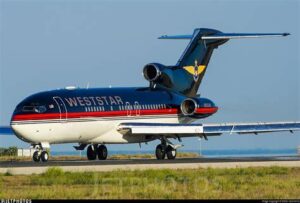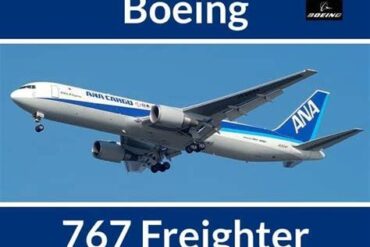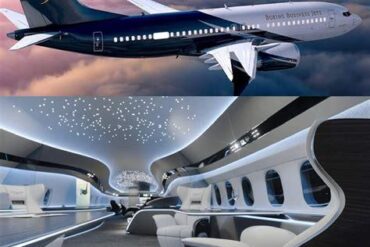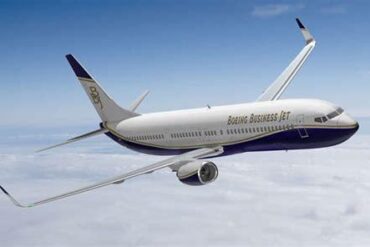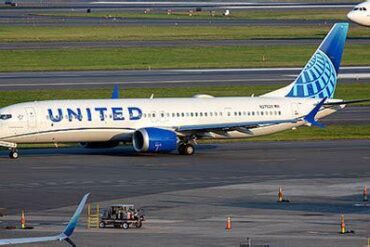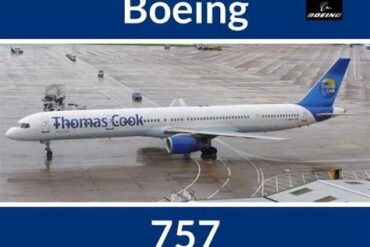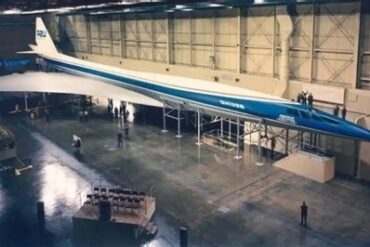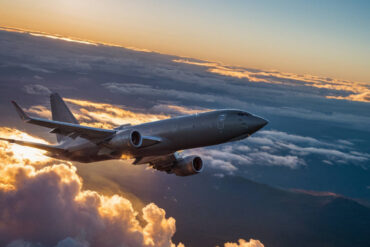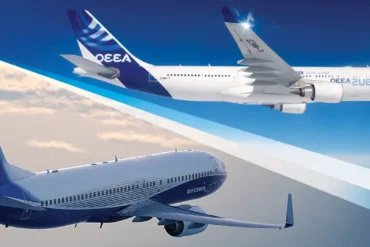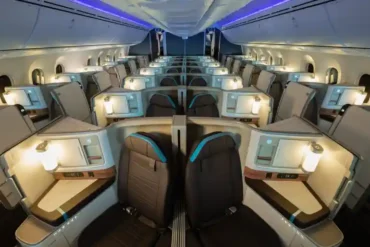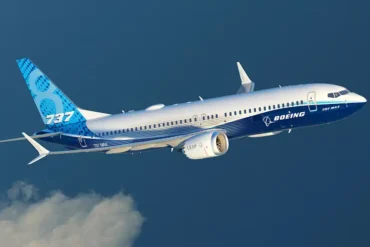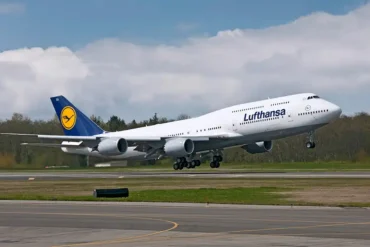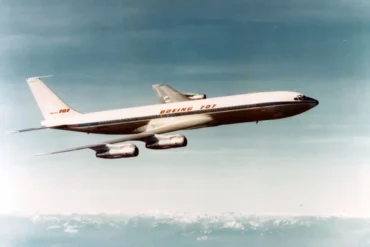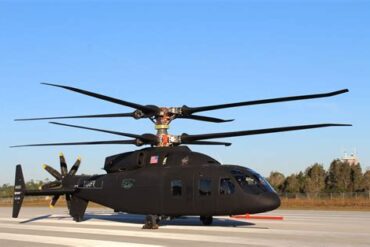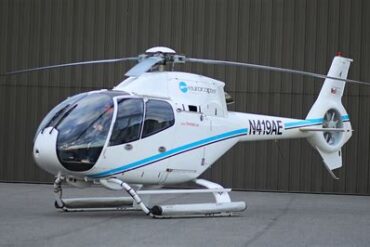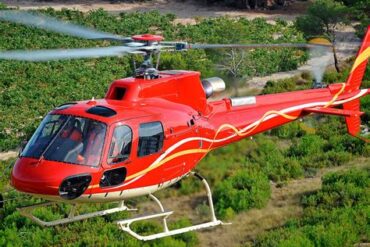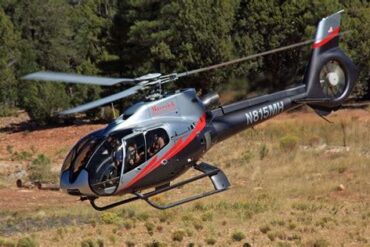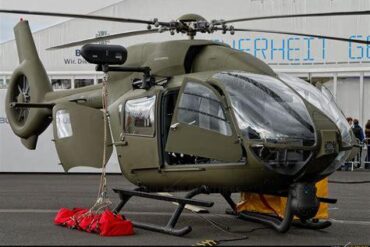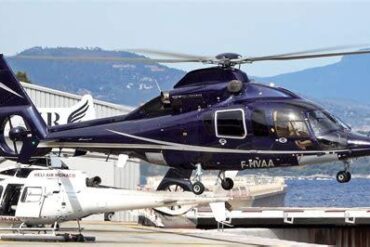The Boeing 727, a classic three-engine jet airliner, has earned its place in aviation history since its first flight in 1963. Known for its unique design and performance, the Boeing 727 has been a favorite among airlines and private operators alike. In this article, we will delve into the price of purchasing a Boeing 727 and the operating costs associated with this iconic aircraft.
Overview of the Boeing 727
The Boeing 727 is renowned for its versatility and reliability. Originally designed to serve short to medium-haul routes, the aircraft can accommodate between 130 to 189 passengers, depending on the configuration. Its distinctive trijet design provides significant advantages in terms of performance, particularly in takeoff and landing phases.
With a maximum range of approximately 2,500 nautical miles, the Boeing 727 can efficiently connect cities that are not served by larger aircraft. Despite being retired from many commercial fleets, the aircraft remains popular in cargo operations and among private owners due to its robust design and relatively low acquisition costs.
Current Market Price of Boeing 727
When considering the purchase of a Boeing 727, potential buyers should be aware of several factors that influence its market price. The cost of acquiring a Boeing 727 typically ranges from $1 million to $5 million, depending on various factors such as:
-
Aircraft Condition: The overall condition of the aircraft, including airframe hours, engine cycles, and maintenance history, plays a crucial role in determining its market value. Well-maintained aircraft with lower flight hours command higher prices.
-
Modifications and Upgrades: Many Boeing 727s have undergone various modifications, such as avionics upgrades, interior refurbishments, and performance enhancements. These upgrades can significantly increase the aircraft’s value.
-
Market Demand: The demand for Boeing 727s fluctuates based on economic conditions and the availability of alternative aircraft. During times of high demand, prices may increase.
Purchasing Options
There are multiple avenues for purchasing a Boeing 727, including:
-
Direct Purchase from Owners: Many private owners or companies may list their Boeing 727s for sale through online marketplaces or aviation brokers. This route allows buyers to negotiate directly with the seller.
-
Aviation Brokers: Engaging an aviation broker can simplify the purchasing process, as they often have access to a wider range of listings and can provide valuable insights on pricing and negotiations.
-
Auctions: Occasionally, Boeing 727s are sold at auction, which can present opportunities for buyers to acquire aircraft at competitive prices.
Operating Costs of Boeing 727
Understanding the operating costs of the Boeing 727 is essential for potential owners and operators. These costs can be divided into several categories:
Fuel Costs
Fuel is one of the most significant operating expenses for any aircraft. The Boeing 727 typically has a fuel consumption rate of approximately 3,000 pounds per hour during cruise flight. Given current fuel prices, operators can expect to spend around $1,200 to $1,800 per hour on fuel, depending on the type of fuel used and market fluctuations.
Maintenance Costs
Regular maintenance is crucial for ensuring the safety and efficiency of the Boeing 727. Maintenance costs can vary widely based on the aircraft’s age, usage, and adherence to maintenance schedules. On average, operators can anticipate spending between $400,000 to $600,000 annually on maintenance, which includes:
-
Routine Inspections: These inspections are mandated by aviation authorities and must be conducted regularly to ensure the aircraft’s airworthiness.
-
Engine Overhauls: Engines require periodic overhauls, which can be costly, with prices ranging from $300,000 to $600,000 per engine, depending on the condition and type of engine.
-
Parts Replacement: As the aircraft ages, certain parts may need replacement, contributing to ongoing maintenance costs.
Crew Salaries
Operating a Boeing 727 requires a qualified crew, including pilots and cabin staff. Salaries can vary based on experience and location, but operators should budget approximately $150,000 to $250,000 annually for crew salaries. Additionally, training costs for pilots and crew members must be considered, as they require specialized training to operate the aircraft safely.
Insurance Costs
Insurance is another critical aspect of operating costs. The annual insurance premium for a Boeing 727 can range from $50,000 to $100,000, depending on factors such as the aircraft’s value, operational history, and coverage requirements. Operators must ensure they have adequate insurance coverage to protect against potential liabilities and damages.
Hangar and Ground Handling Fees
Storing the Boeing 727 at an airport incurs additional costs, including hangar fees and ground handling services. Hangar fees can vary significantly based on location, with costs ranging from $1,000 to $5,000 per month. Ground handling fees, which cover services such as baggage handling, fueling, and maintenance support, can add another $500 to $1,500 per flight.
Comparative Analysis: Boeing 727 vs. Other Aircraft
When evaluating the costs of operating a Boeing 727, it is beneficial to compare it with similar aircraft in its class. For instance, while the Boeing 737 is more modern and efficient, it typically comes with a higher acquisition cost and newer technology. Conversely, the McDonnell Douglas MD-80 series offers a similar passenger capacity at a lower initial purchase price but may incur higher maintenance costs due to parts availability.
Ultimately, the choice between these aircraft depends on the specific needs and operational goals of the buyer or operator.
Conclusion
In summary, acquiring and operating a Boeing 727 presents a unique set of opportunities and challenges. With an initial purchase price ranging from $1 million to $5 million, and annual operating costs averaging between $1.5 million to $2.5 million, potential buyers must conduct thorough research and financial planning. Understanding the nuances of operating costs—fuel, maintenance, crew salaries, insurance, and storage—will empower operators to make informed decisions. The Boeing 727, with its rich history and proven performance, remains a viable option for those seeking a reliable aircraft for commercial or private use.
